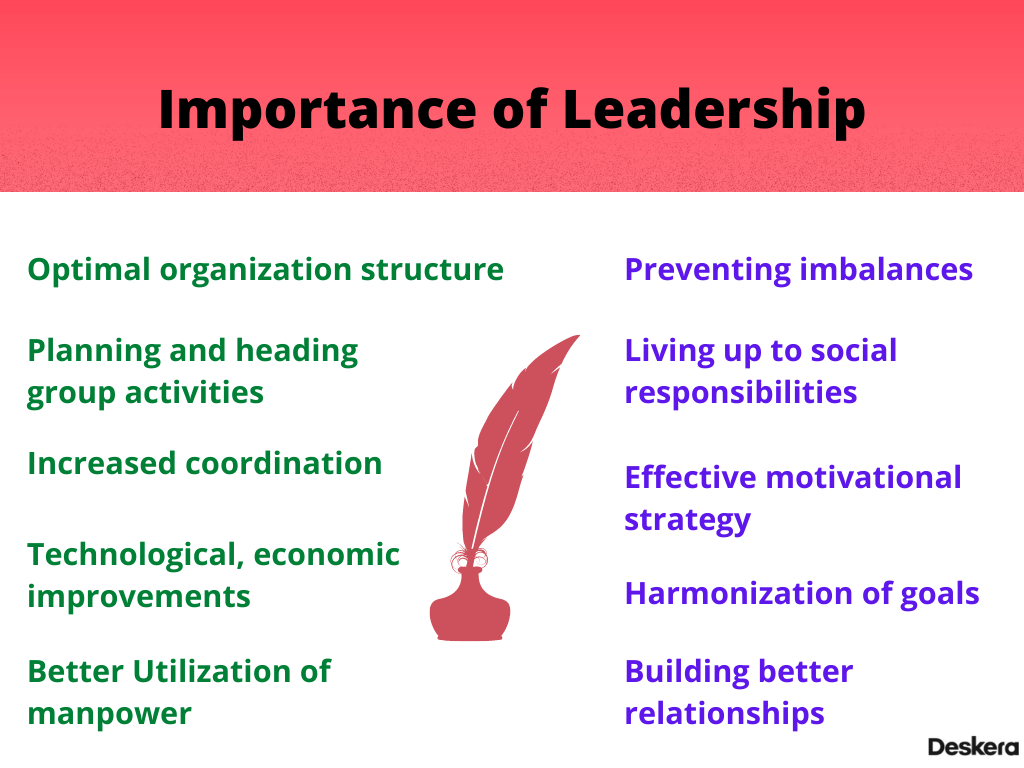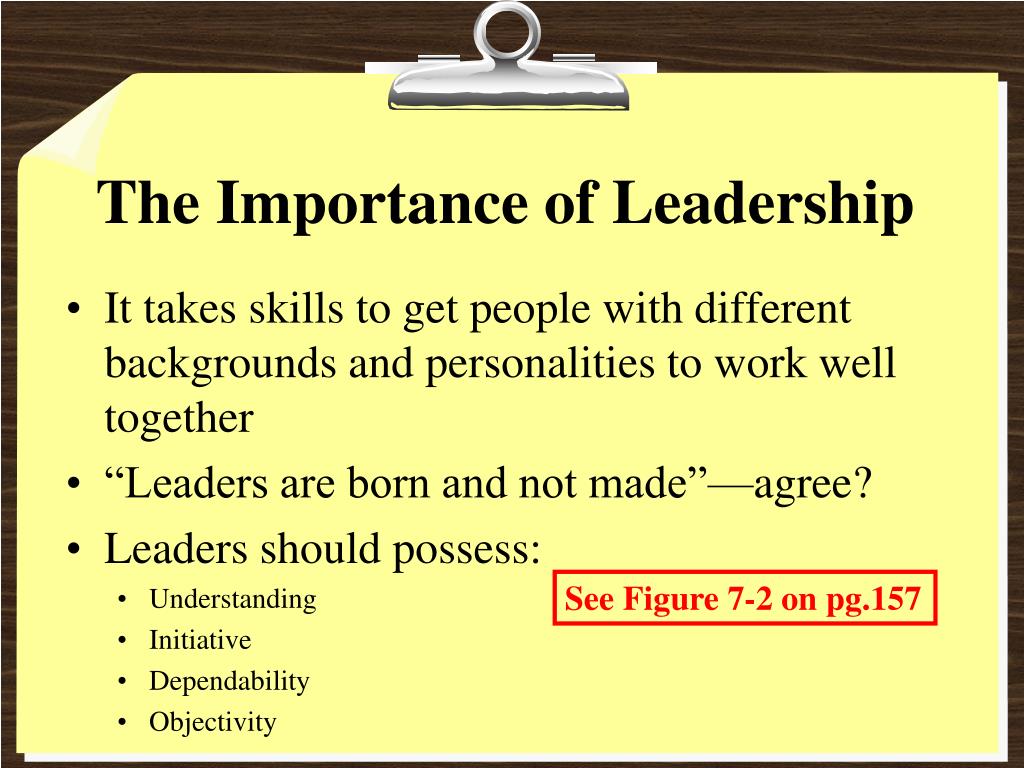Importance Of Leadership In Workplace
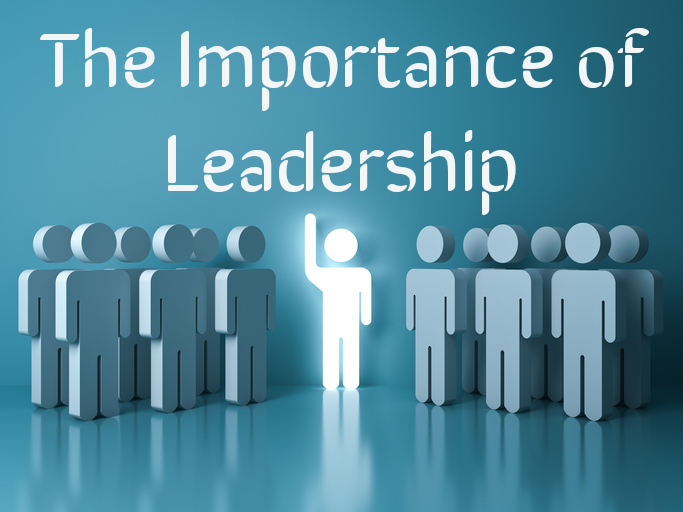
Workplace success hinges on effective leadership: Companies are failing without it. Leadership’s crucial role cannot be overstated in today's dynamic business environment.
The Undeniable Impact of Strong Leadership
Leadership is the engine that drives productivity, innovation, and employee morale. Without a strong guiding hand, organizations risk stagnation, disengagement, and ultimately, failure.
Organizations with exceptional leadership are 13 times more likely to outperform their competition, according to a recent study by Gallup. This statistic underscores the direct correlation between effective leadership and bottom-line success.
Defining Effective Leadership
Effective leadership transcends mere management. It’s about inspiring teams, fostering collaboration, and cultivating a culture of growth. This involves clear communication, empathy, and a commitment to employee development.
The Harvard Business Review emphasizes that adaptability and vision are key traits of successful leaders. Leaders must be able to navigate complex challenges and articulate a clear path forward.
The Cost of Poor Leadership
The absence of strong leadership can be devastating. It leads to decreased productivity, increased employee turnover, and a toxic work environment.
Research indicates that 70% of employees leave their jobs due to poor managers, highlighting the critical role of leadership in retention. This constant churn results in significant financial losses and disrupts organizational momentum.
Cultivating Leadership Skills
Leadership isn't an innate trait; it's a skill that can be developed. Companies must invest in leadership training and mentorship programs to nurture talent from within.
Providing opportunities for employees to take on leadership roles, regardless of their position, can foster a sense of ownership and accountability. Mentorship programs are essential for developing future leaders.
Real-World Examples of Leadership Excellence
Satya Nadella at Microsoft is a prime example of transformative leadership. He shifted the company's culture towards innovation and collaboration, resulting in remarkable growth.
His focus on empathy and empowering employees has revitalized Microsoft and propelled it to new heights. Leaders like Nadella demonstrate the profound impact of a human-centered approach.
Addressing the Leadership Deficit
Many organizations face a leadership deficit, with a shortage of qualified individuals ready to step into leadership roles. This challenge requires a proactive approach to talent development and succession planning.
Companies need to identify high-potential employees early and provide them with the necessary training and support. Ignoring this critical aspect can jeopardize future success.
The Future of Leadership
The future of leadership will be shaped by technology, globalization, and changing workforce demographics. Leaders must be adaptable, inclusive, and digitally savvy to thrive in this evolving landscape.
Embracing diversity and fostering a culture of continuous learning are essential for navigating the complexities of the modern workplace. Leaders must be prepared to embrace change and lead with empathy.
Ongoing initiatives include enhanced leadership training programs and mentorship opportunities aimed at bridging the existing leadership gap. These efforts are crucial to secure organizational success in an increasingly competitive world. Monitoring progress and adapting strategies are vital to ensure these programs remain effective and aligned with evolving needs.
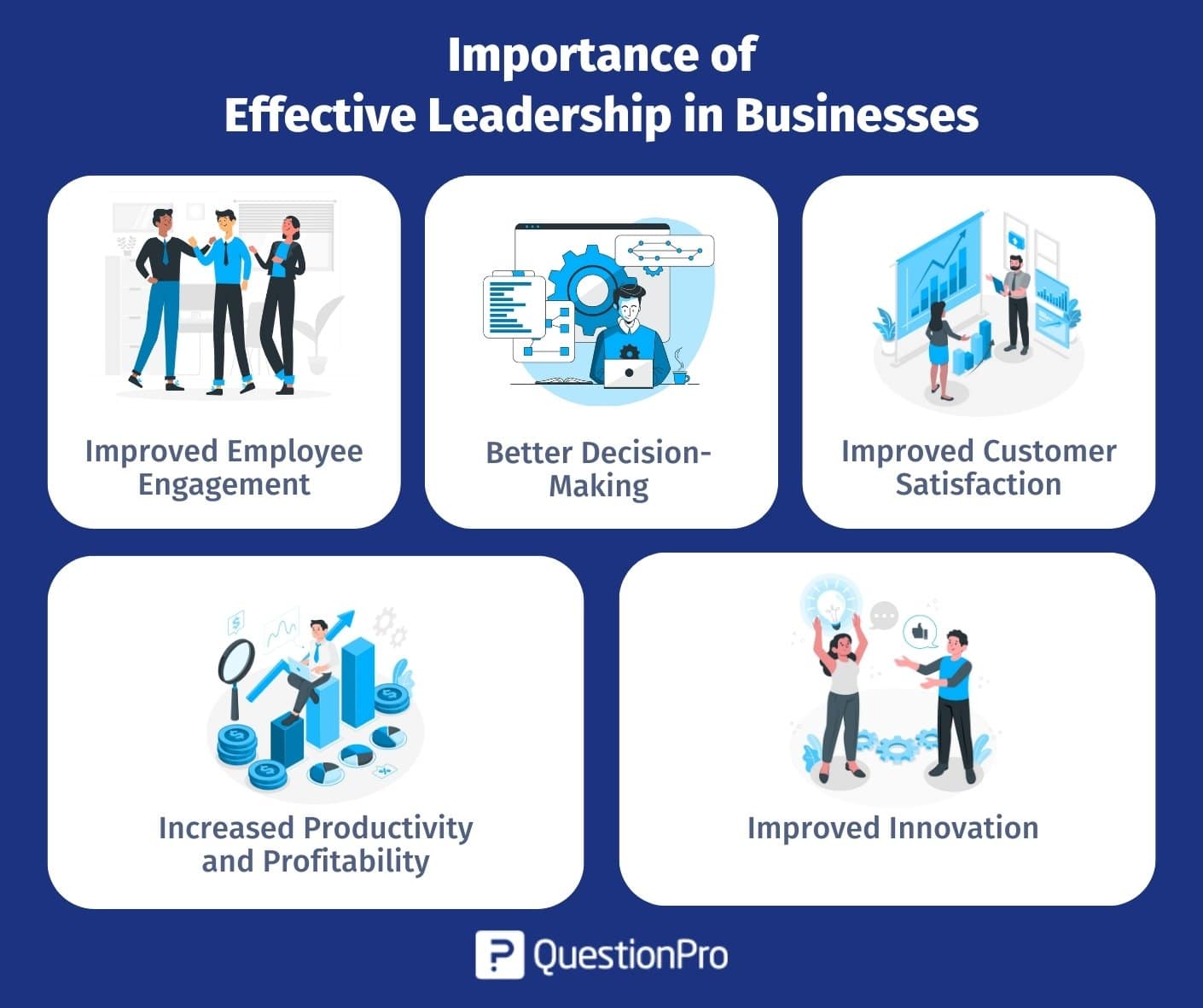



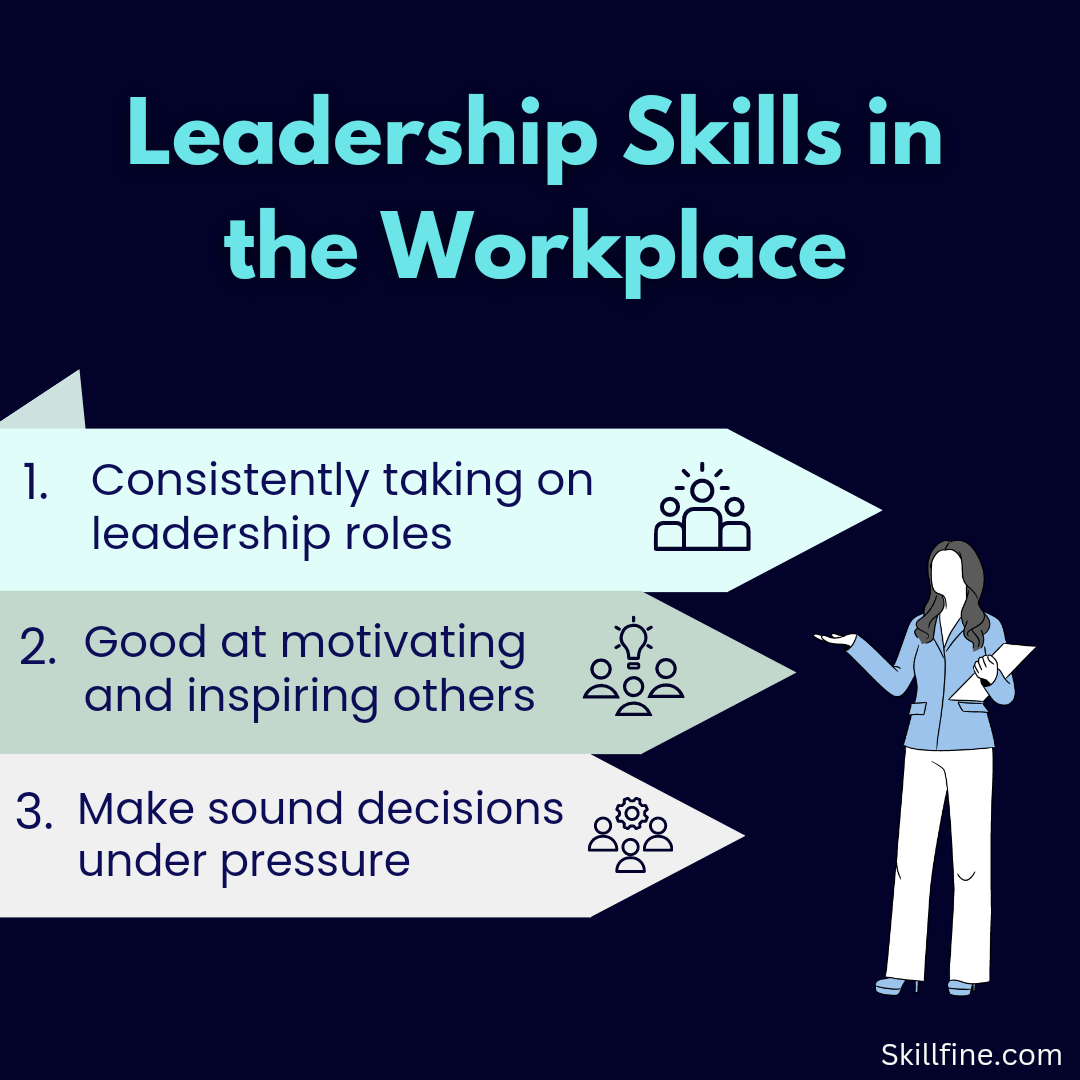
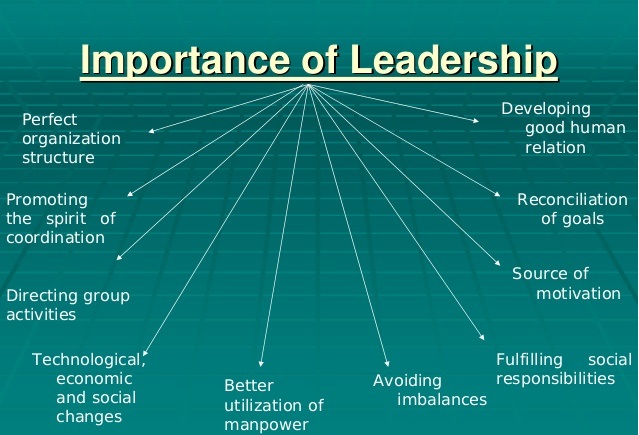
:max_bytes(150000):strip_icc()/top-leadership-skills-2063782_final-5b3e6be646e0fb0036272f42-5bbf7e0246e0fb0026d6416a.png)

